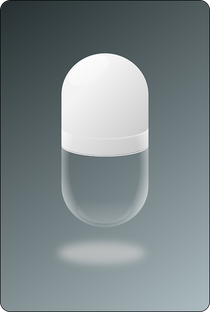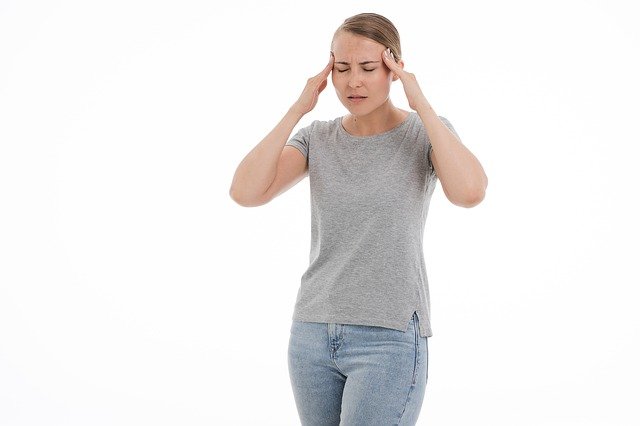|
Are You Thinking About Stopping Your Antidepressant Use?
Approximately 13% of Americans 18 years and older reported taking antidepressant medication in the past month (NCHS Data Brief, August 2017). Antidepressants (commonly referred to as SSRIs or SNRIs) are typically prescribed for the management and treatment of depression and anxiety disorders. Depending on the type of healthcare professional and their experience, the first line of treatment for depression and anxiety is psychotherapy, medication, or some combination. Approximately 40% or more of persons using antidepressants in one study discontinued their antidepressant medication too soon (Olfson et al, 2006). A successful treatment response includes improvements in duration, frequency, and intensity of symptoms; relationship satisfaction; initiation and completion of important daily activities; and improved physical health such as diabetes control, sleep quality, and pain perception. As depression and/or anxiety symptoms improve, patients start thinking about weaning off antidepressant medication. What Are The Risks?
When antidepressants are discontinued, people may experience symptoms such as headaches, dizziness, fatigue, insomnia, flu-like symptoms, irritability, aggression, anxiety, panic attacks, and mood changes (Michelson, D., British Journal of Psychiatry, Vol. 176, No. 4, 2000). Sometimes withdrawal symptoms may be mistaken for a relapse, when this is not actually the case. Withdrawal symptoms can be particularly intense when medication is stopped abruptly. Research suggests that weaning off slowly, especially when the medication dose is already low, is better to limit withdrawal effects. Different medications have potentially different withdrawal effects and therefore have different rules around weaning off. It should be noted that there is not much available research on the effects of discontinuation for long term antidepressant users (e.g. for use longer than 3 months). Is it a Good Idea to Stop? When is the Best Time?
Generally speaking, there are “right” and “wrong” reasons to discontinue medication. Right reasons to stop medication include:
Monitoring Your Response to Antidepressant Treatment
Many times, health care providers (particularly prescribing providers) use a screening tool to monitor the effects of antidepressant medication. The Hospital Anxiety and Depression Scale (HADS) listed below is a self-report screener (you can’t diagnose based on screening tests alone) that can help monitor depression and anxiety symptoms: Final Thoughts
If you want to stop your medication(s), think it through and have a clear plan for how you will manage any consequences or changes. Consult with your prescriber for advice and/or assistance on whether or not to stop medication and the best way to do so. It also may not be the best idea to stop medication if you anticipate relapse triggers such as Fall or Winter seasonal changes, upcoming anniversaries of trauma or loss, or increases in life stressors. Seek out psychotherapy to help with symptom monitoring and management, especially if you never received therapy treatment for the original issue. Therapy can also be helpful for management of fatigue, insomnia, or mood changes associated with weaning off of the medication. Be Well ! <3 All blog posts from Dr. Soo Hoo are provided for educational and informational purposes only. As Dr. Soo Hoo is a licensed clinical and health psychologist, we must make it clear that nothing on the blog is intended to constitute medical or psychological advice, consultation, recommendation, diagnosis, or treatment. If you are concerned about your health, please seek appropriate care in your area. Comments are closed.
|
Hours Mon-Fri: 8am - 5pm
|
Telephone 949.337.1034
|






